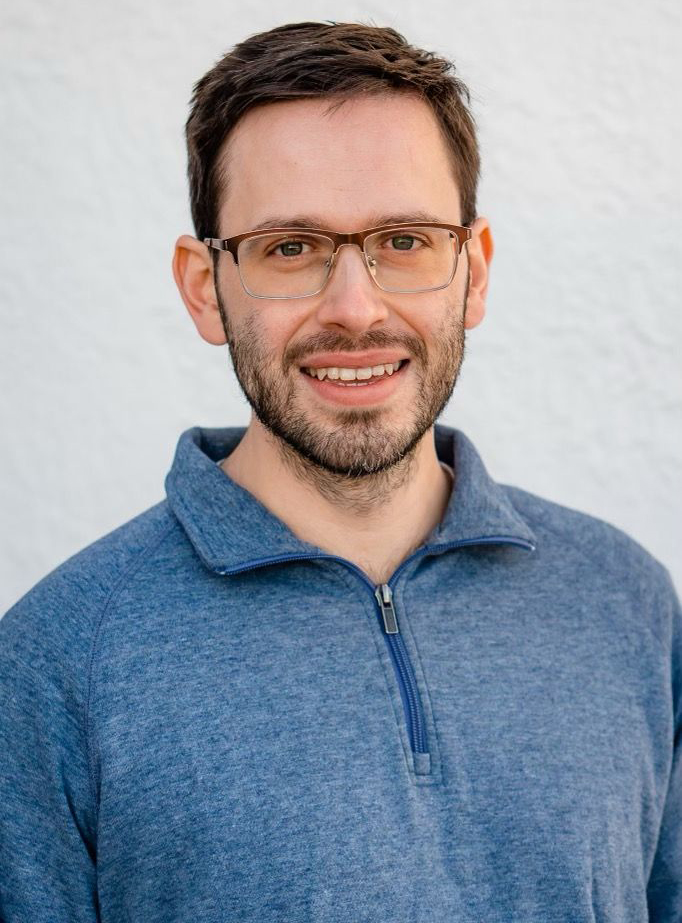Congratulations to John Doyle-Raso on receiving a Social Sciences and Humanities Research Council (SSHRC) Knowledge Synthesis Grant of $29,859 under the Evolving Narratives of Cultures and Histories program for his project “Colonial genocide in intercultural and interdisciplinary perspective”.
Doyle-Raso is the principle investigator on a team that also includes Osgoode’s Heidi Matthews, LAPS’ Ian Stedman, AMPD’s Joel Ong and three graduate research assistants.
“Colonial genocide is the focal point of the project at York,” Doyle-Raso says. “I am a contemporary historian, interested in researching ongoing histories and their current significances, particularly through interdisciplinary methods. Colonial genocide is an ongoing issue with complex and far-reaching significances, and researchers using a range of interdisciplinary methods have written extensively about it.”
Part of the methodology of the project are systemic reviews of three countries case studies—which will be directly supported by the grant. Indigenous peoples in Canada, Namibia and Rwanda have had a limited role in designing accountability mechanisms, Doyle-Raso notes in the grant application.
“In each case, legal and cultural proceedings have been shaped by the agendas of domestic and international political elites. This grant will promote greater stakeholder understanding of the challenges facing policy development around accountability for colonial genocide,” the application states.

A photo of John Doyle Raso
Knowledge syntheses are comprehensive analyses of literature and other forms of knowledge on a particular question or issue. All types of knowledge synthesis approaches, tools and protocols, such as scoping reviews, systematic reviews and narrative syntheses, are encouraged under this funding opportunity. Knowledge Synthesis Grants are intended to support the synthesis of existing research knowledge and identify knowledge gaps. This call is particularly focused on the state of research produced over the past 10 years.
Doyle-Raso says the team will draw on their various linguistic and disciplinary areas of expertise to analyze literature from the past decade.
The SSHRC program was set up in 2019 to mobilize, examine and synthesize social sciences and humanities research on Evolving Narratives of Cultures and Histories, one of 16 global future challenges identified through SSHRC’s Imagining Canada’s Future initiative.
These complex issues, which were identified by SSHRC after an extensive foresight exercise, reflect key challenges that Canada and the world are likely to face in the coming decades. All of the challenges cross multiple sectors and research disciplines and require broad collaboration to address.
According to SSHRC, the effects of colonialism, racism and slavery continue to inform understandings of, and engagements with, cultures and histories. For example, in Canada, reconciliation with First Nations, Inuit and Métis requires settlers and newcomers to reconsider dominating historical and cultural narratives and respectfully engage with Indigenous Knowledge systems, cultures and traditions.
